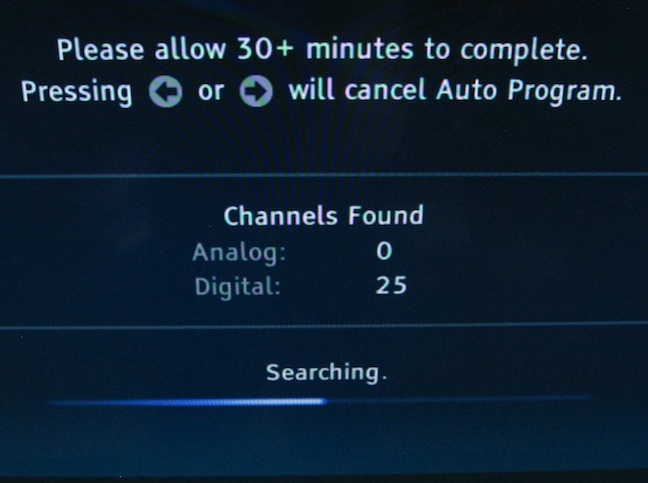Configuring a user to use the bash shell on an AIX server
This article was posted by Matty on 2012-07-11 07:36:00 -0400 -0400
I previously wrote about my experience installing bash on my AIX hosts. After I installed the package I wanted to make bash my default shell. I fired up usermod but was greeted with the following error:
$ usermod -s /usr/bin/bash matty
3004-703 Check "/etc/security/login.cfg" file.
3004-692 Error changing "shell" to "/usr/bin/bash" : Value is invalid.
AIX contains a list of valid shells in /etc/security/login.cfg, and bash is not in that list by default:
shells = /bin/sh,/bin/bsh,/bin/csh,/bin/ksh,/bin/tsh,/bin/ksh93,/usr/bin/sh,/usr/bin/bsh,/usr
/bin/csh,/usr/bin/ksh,/usr/bin/tsh,/usr/bin/ksh93,/usr/bin/rksh,/usr/bin/rksh93,/usr/sbin/uucp/uucico
,/usr/sbin/sliplogin,/usr/sbin/snappd
Once I appended “/usr/bin/bash” to the end of the “shells” line usermod worked without a hitch:
$ usermod -s /usr/bin/bash matty
$ echo ?
0
Rock and roll!!
Installing bash on an AIX 7.1 server
This article was posted by Matty on 2012-07-10 08:02:00 -0400 -0400
I’ve recently started managing a number of AIX hosts, which use ksh as their default shell. I don’t have anything against ksh, but I’ve spent a ton of time working with bash and have become extremely proficient with it. Given that, I like it to be part of all of my system builds. To make myself more at home on my AIX machines, I went ahead and installed bash on each host. This was super easy.
First I located the “AIX Toolbox for Linux Applications for POWER Systems”. This CD contains a bunch of GNU packages which can be installed with the rpm utility. To install bash, I changed to the ppc directory on the DVD and ran rpm with the install option:
$ cd /mnt/RPMS/ppc
$ rpm -ivh bash-3.2-1.aix5.2.ppc.rpm
After the package was installed I was able to type bash and marvel in its awesomeness. :)
Breaking the telnet addiction with netcat
This article was posted by Matty on 2012-06-26 15:13:00 -0400 -0400
After many years of use it’s become almost second nature to type ‘telnet ’ when I need to see if a system has TCP port open. Newer systems no longer install telnet by default:
$ telnet google.com 80
-bash: telnet: command not found
I can’t think of a valid reason to keep telnet around (there are probably valid use cases). Since netcat and tcpdump are a billion times better for debugging TCP issues, I need to apply newer microcode to my brain to perform a ‘s/telnet/nc -v/g’ each time I need to test if a TCP port is open:
$ nc -v google.com 80
Connection to google.com 80 port [tcp/http] succeeded!
Anyone else have a telnet attachment they just can’t break? :)
Cool video on the DTrace port to Linux
This article was posted by Matty on 2012-05-15 20:16:00 -0400 -0400
This is a solid video:
I can’t wait until DTrace is readily available in Linux!!
Using a low cost HDTV antenna to gain access to lots of free over the air digital TV channels
This article was posted by Matty on 2012-02-24 18:25:00 -0400 -0400
I talked previously about how I saved a bunch of money by ditching cable. When I first disconnected my cable, my HDTV’s built-in scanner was only able to pick up two two stations. While this was better than nothing, I figured given the size of our city there had to be more content available. So I started doing some research, and came across the Leaf Indoor HDTV antenna. The reviews were pretty solid, and a number of people claimed that they went from no channels to dozens of channels. I had to give this a try for myself.
My order from Amazon arrived within a week. The antenna is paper thin, and one side of the antenna is white and the other is black. This allows you to blend in the antenna if you mount it to a white wall, or attach it to the back of a black TV (why are all TVs black?). The Leaf comes with a coax connecter that you can plug into your TV. Once I mounted my Leaf (connector down) and attached it to my TV, I was blown away when the scan picked up over two dozen stations. See for yourself:

I was blown away, and the quality of the HDTV content is exceptional. Gotta love some free tv!